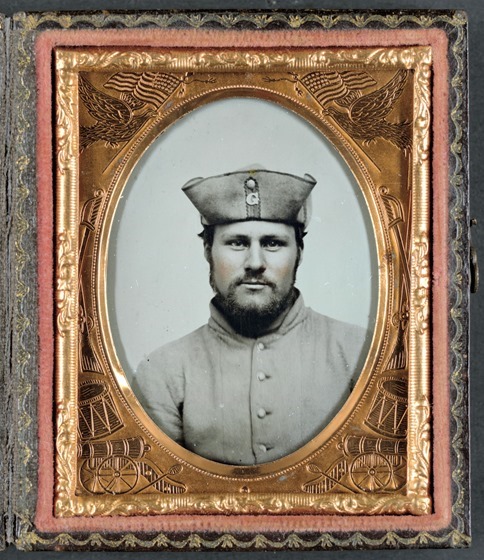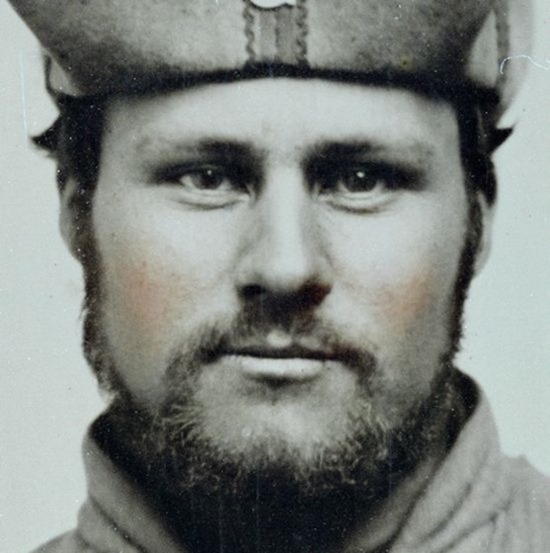Saturday Dec. 19th 1863
I am still rooming at Mr Bartles 379 11th St where I take my breakfast at 8 o’clock a.m. I dine at Doct Munsons 442 9th st at 5 o’clock. My room, board, & fuel costs me about $1.00 pr day. I furnish my own fuel and burn wood which is now $12.00 pr cord ready for the stove, hard coal is $14.00 pr ton, and would be the cheapest if I wanted a constant fire. But I rarely make a fire in the morning prefering the cold air. Sleep with my window open and bathe in cold water about every other morning. I never sleep in anything which I have worn during the day, but change my flannel as well as my linnen. I have great faith in fresh air and well aired clothing, cold water and the flesh brush, but I use the Turkish Bathing Towel now which is about the same thing for the skin. I usualy come to my room early in the evening (unless I have some engagement) and read or write, or perhaps draw some Draft till about eleven o’clock. Get up betwen six and seven in the morning. Sleep well, Eat well, and am quite healthy.













